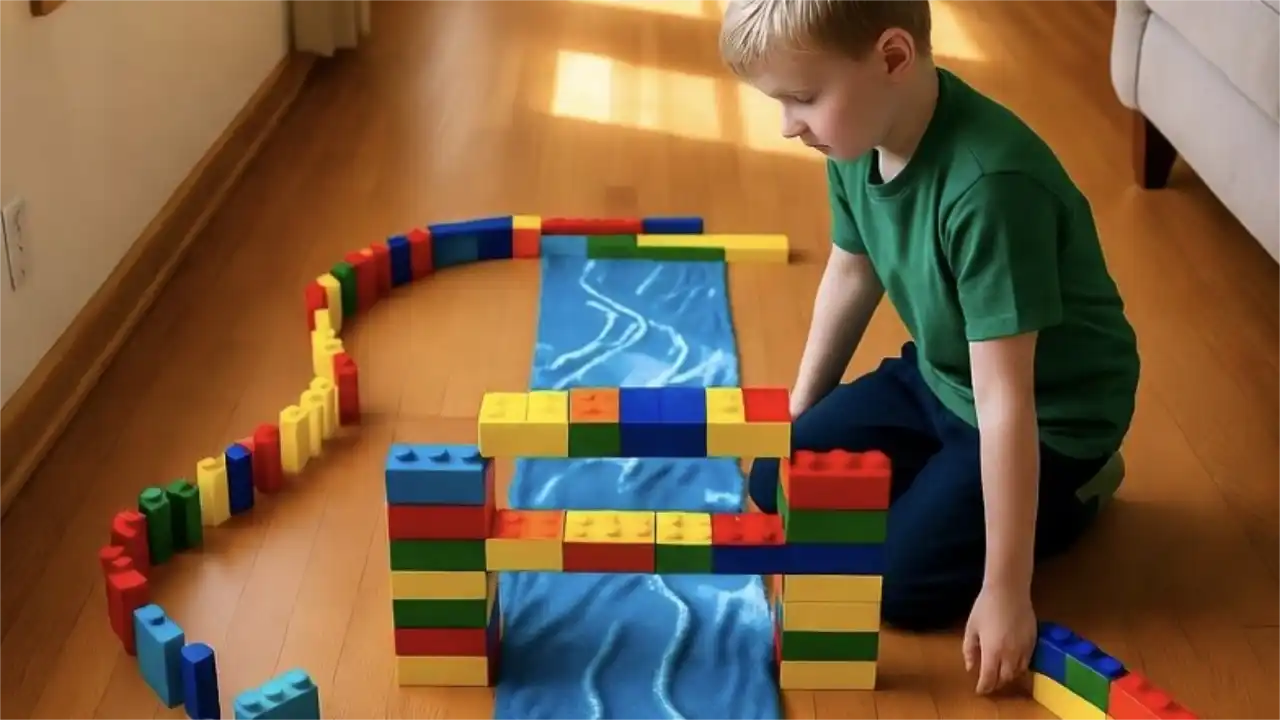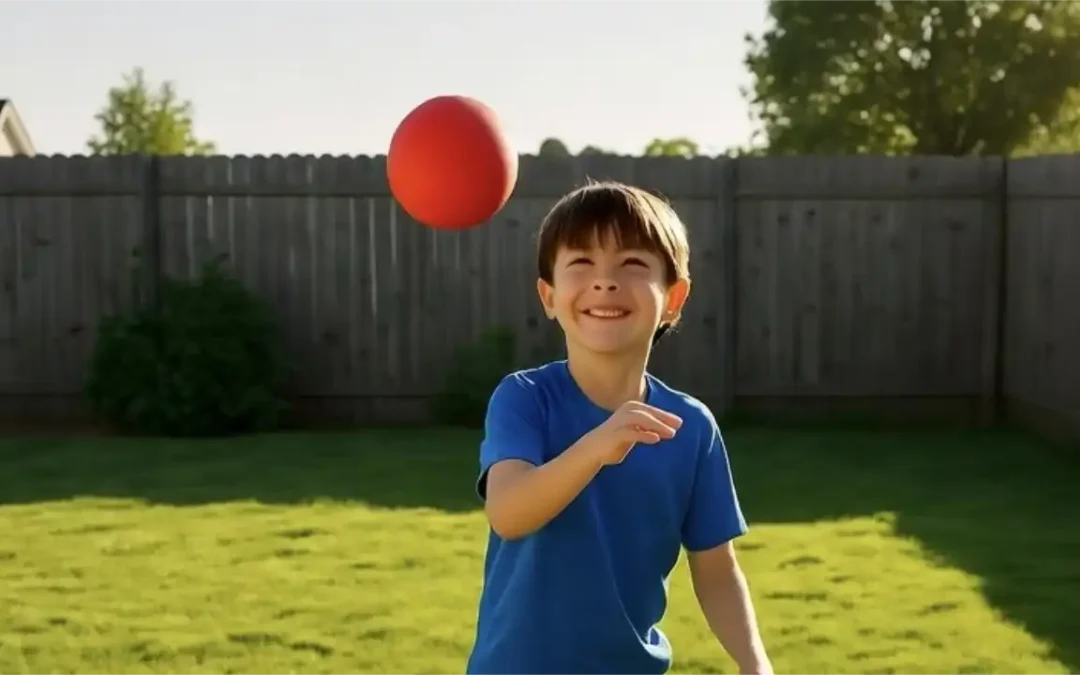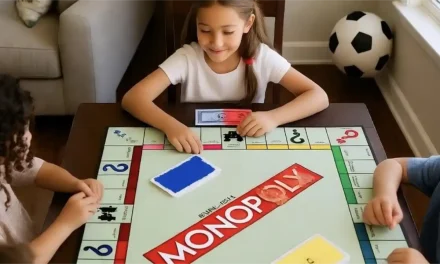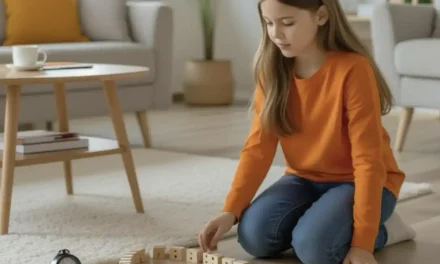
Encouraging Risk-Taking and Experimentation: Test Creative Guesses
O
ne afternoon, my son was stacking blocks in new ways, trying to build a bridge across a toy river. Each attempt toppled. I asked, “What could make it stronger?” He paused, swapped out a narrow piece for a wider one, and tried again. This time it held. That small success—born of a hunch and a test—taught him more than I could’ve explained. It showed that guesses are seeds, and testing is how they grow. These early trials with toys prepared him to think through problems in schoolwork and design challenges alike.
He later arranged dominoes in spirals, giggling when they all fell in sequence. When one setup failed, he reviewed the pattern and adjusted the angle. We made it a weekend ritual: test a new idea, see what happens, tweak it. Over time, his experiments expanded—catapults, paper circuits, homemade board games. He began to notice how some guesses led to better outcomes than others. That pattern—guess, test, revise—showed up in everything from science projects to group work. When he explained his process at a school fair, he wasn’t just sharing a build—he was demonstrating confidence in his thinking.
To support this mindset, help your child treat guesses as part of learning, not as a shot in the dark. Ask questions like “Why do you think that worked?” or “What would you try next?” Keep a simple log or sketchbook for their observations and ideas. Each guess they test becomes a step toward clearer problem-solving, stronger explanations, and a mindset ready to tinker with the world.
Encouraging Risk-Taking and Experimentation

Encouraging Risk-Taking and Experimentation: Free Wild Experiments
Give your child room to explore freely. Wild experiments spark curiosity, inventiveness, and joyful discovery without fear of mistakes.

Encouraging Risk-Taking and Experimentation: Cheer Effort Over Results
Praising effort builds resilience and self-belief. Learn to celebrate persistence and courage rather than perfection or quick success.
Table of contents

Primordial Soup for the Mind: Navigation
Navigate the book Primordial Soup for the Mind.
TIPS
- Treat guesses as starting points, not wrong turns
- Say “Let’s test it!” instead of correcting
- Reflect on what the guess helped reveal
ACTIVITIES
- Set up “What if we tried…?” mini-challenges
- Let kids design and test their own game rules
- Use sketchbooks to track guesses and outcomes
TOOLS
Dominoes, ramps, paper circuits, cardboard, tape, marbles

Download “Primordial Soup for the Mind: A Parent’s Guide to Nurturing Intellectual Growth”
Enter your information to get this article and hundreds more as part of the FREE book Primordial Soup for the Mind.
Share your thoughts with the Thought Academy community in the Comments section below.

Sharpen those skills!
Enter your information to get our FREE practice exercises so you can hone your critical thinking and reasoning skills!







0 Comments